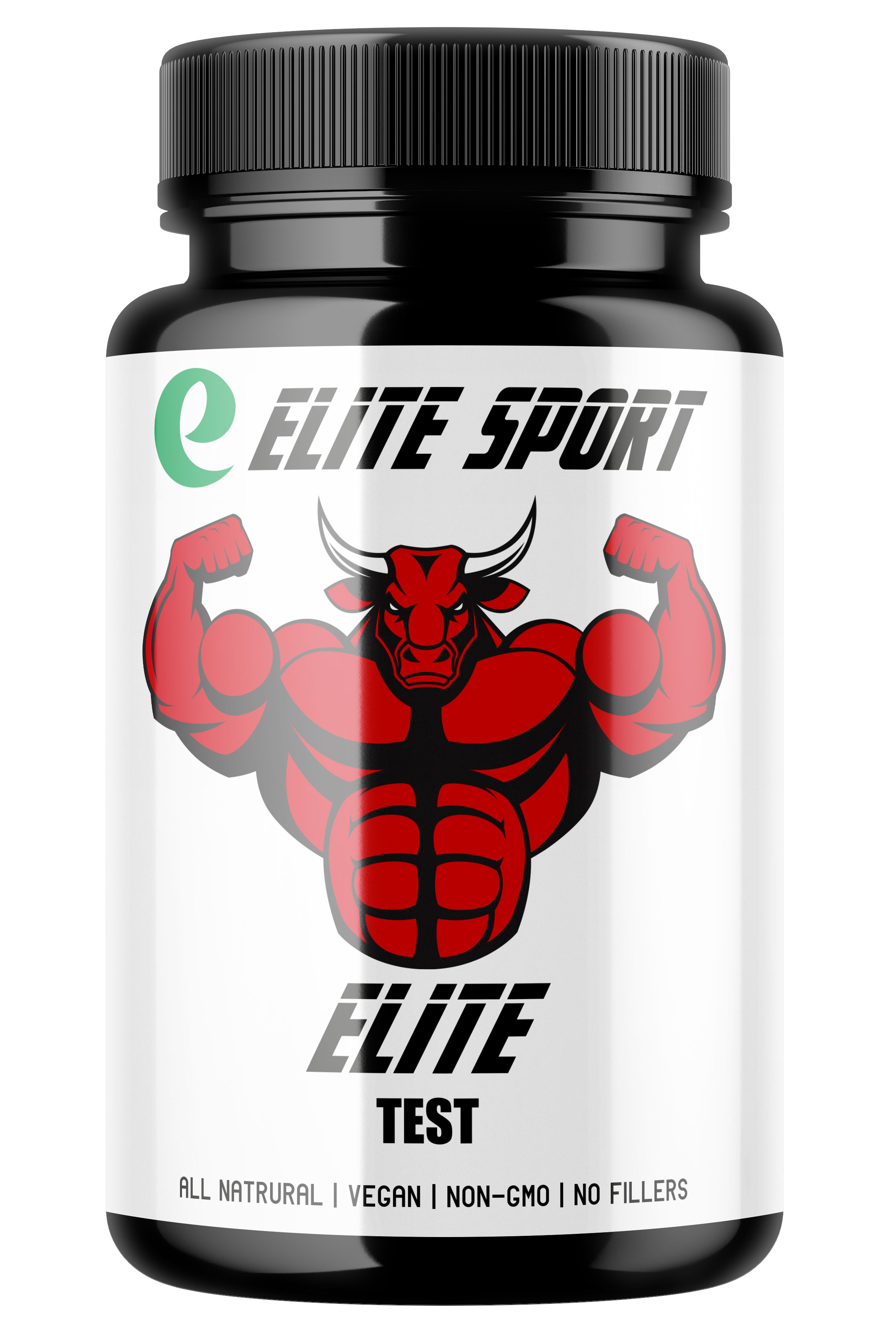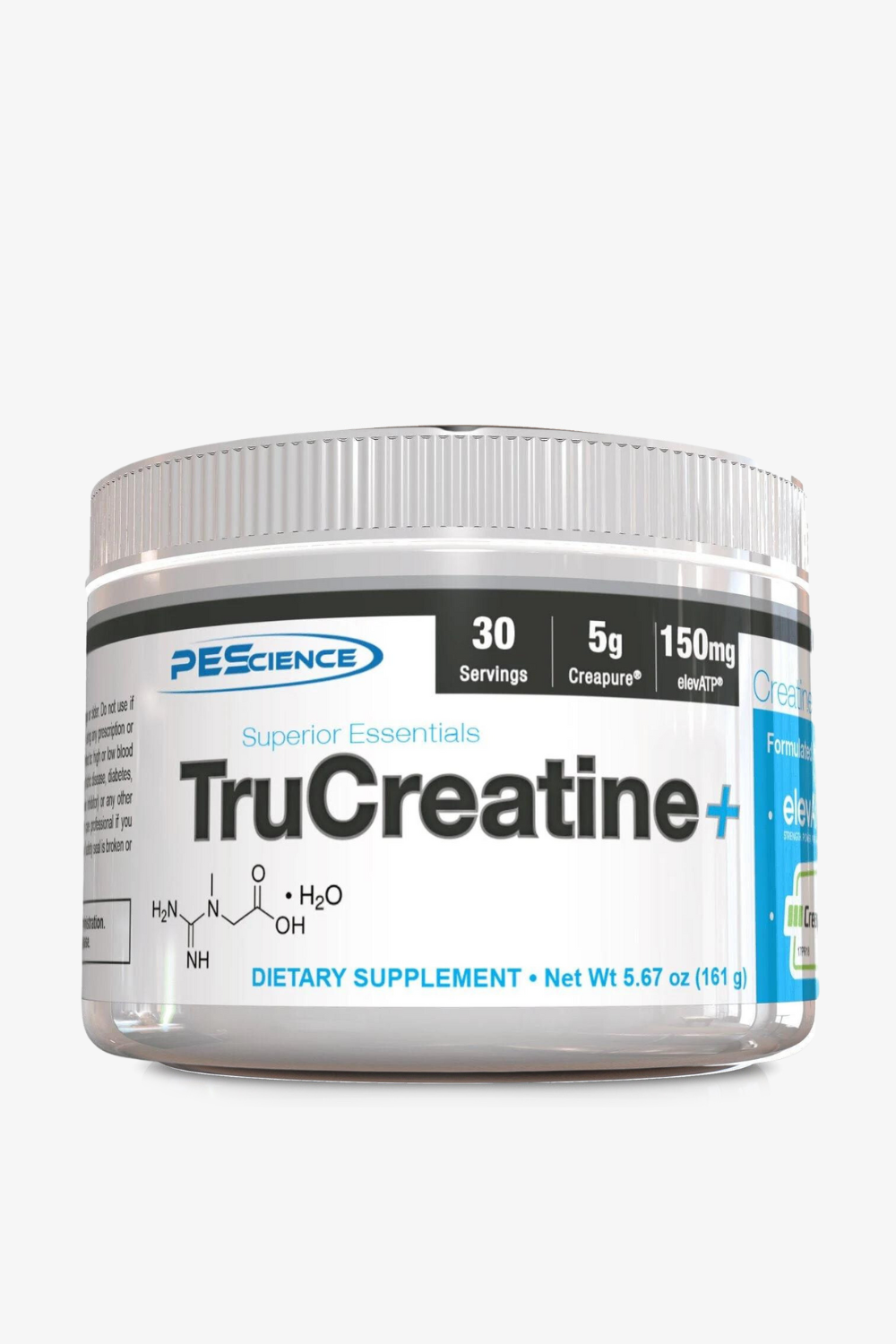Sports nutrition stores near me
Wolff is a Clinical Assistant Professor at Iowa State University. Dr. Wolff has worked in a variety of settings including clinical, population health, research and private practice nutrition counseling with adults and children gameclub casino. She previously worked in the Population Health Division at Children’s Medical Center in Dallas, Texas and researches school wellness initiatives.
The following bachelors and Master’s programs offer career-focused instruction delivered by trained nutritionists with experience in the field. Find out more what each individual course of study offers through the locations below.
*2021 US Bureau of Labor Statistics salary figures and job growth projections for dietitians and nutritionists reflect national data not school-specific information. Conditions in your area may vary. Salary statistics representing entry-level/early career = 25th percentile; mid-level= 50th percentile; senior-level/highly experienced = 90th percentile. Data accessed April 2022.
Build a strong career and help others optimize their athletic performance with an online M.S. in Nutrition – Sport Nutrition. This accelerated program is ideal if you aspire to provide sound sports nutrition information to athletes and others who are physically active.
Dr. Huberty brings with her a wealth of industry practice in both private and public sport and recreation settings. Research interests and publications focus on sport marketing and sponsorship, gender diversity within sport management, and sport leadership. Learn more about Dr. Huberty here.
Elite sports nutrition
At Elite Sport Nutrition, we provide top-tier nutrition consulting for both professional and amateur athletes. Our personalized meal plans and supplement consultations are tailored to meet your specific needs and support your training goals.
2. Logue DM, Madigan SM, Melin A, Delahunt E, Heinen M, Donnell SJM, et al. Low Energy Availability in Athletes 2020: An Updated Narrative Review of Prevalence, Risk, Within-Day Energy Balance, Knowledge, and Impact on Sports Performance. Nutrients. 2020 Mar 20;12(3).
When hard-training athletes don’t eat enough, they may experience a condition known as Relative Energy Deficiency in Sport, or RED-S.3,5,6 Besides leading to a decline in athletic performance, RED-S can negatively affect an athlete’s:

At Elite Sport Nutrition, we provide top-tier nutrition consulting for both professional and amateur athletes. Our personalized meal plans and supplement consultations are tailored to meet your specific needs and support your training goals.
2. Logue DM, Madigan SM, Melin A, Delahunt E, Heinen M, Donnell SJM, et al. Low Energy Availability in Athletes 2020: An Updated Narrative Review of Prevalence, Risk, Within-Day Energy Balance, Knowledge, and Impact on Sports Performance. Nutrients. 2020 Mar 20;12(3).
Supplement sports nutrition
Although you may not think of it as a “supplement,” a number of pro athletes have begun to promote chocolate milk as an ideal post-workout beverage due to its combination of protein, carbohydrates, water, and electrolytes (in the form of sodium and calcium). A review of the effects of chocolate milk on post-exercise recovery found that chocolate milk provided similar or superior results compared to water or other sports drinks, while another review found that low-fat chocolate milk was an effective supplement to spur protein synthesis and glycogen regeneration. However, the authors noted that evidence is limited and high-quality clinical trials with larger sample sizes are warranted. Of note, many studies of chocolate milk as a post-workout supplement are sponsored by the dairy industry, which may introduce bias. Chocolate milk generally contains high amounts of added sugars and saturated fat, and is likely most useful for athletes conducting high-intensity exercise for multiple hours a day, such as professional swimmers competing in the Olympics. However, for most individuals conducting moderate-intensity physical activity, such as an hour of jogging or bicycling, water is a healthier alternative as a post-workout beverage.
The U.S. News Health team delivers accurate information about health, nutrition and fitness, as well as in-depth medical condition guides. All of our stories rely on multiple, independent sources and experts in the field, such as medical doctors and licensed nutritionists. To learn more about how we keep our content accurate and trustworthy, read our editorial guidelines.
In general, having a healthy, well-rounded diet that incorporates an abundance of fruits, vegetables and plant- or animal-based sources of protein is key. That means healthy fats (like olive oil, avocado and fatty fish) also play a role as a secondary source of energy. Not only do they fill you up faster, but they also help your body better process other micronutrients, like fat-soluble vitamins.

Although you may not think of it as a “supplement,” a number of pro athletes have begun to promote chocolate milk as an ideal post-workout beverage due to its combination of protein, carbohydrates, water, and electrolytes (in the form of sodium and calcium). A review of the effects of chocolate milk on post-exercise recovery found that chocolate milk provided similar or superior results compared to water or other sports drinks, while another review found that low-fat chocolate milk was an effective supplement to spur protein synthesis and glycogen regeneration. However, the authors noted that evidence is limited and high-quality clinical trials with larger sample sizes are warranted. Of note, many studies of chocolate milk as a post-workout supplement are sponsored by the dairy industry, which may introduce bias. Chocolate milk generally contains high amounts of added sugars and saturated fat, and is likely most useful for athletes conducting high-intensity exercise for multiple hours a day, such as professional swimmers competing in the Olympics. However, for most individuals conducting moderate-intensity physical activity, such as an hour of jogging or bicycling, water is a healthier alternative as a post-workout beverage.
The U.S. News Health team delivers accurate information about health, nutrition and fitness, as well as in-depth medical condition guides. All of our stories rely on multiple, independent sources and experts in the field, such as medical doctors and licensed nutritionists. To learn more about how we keep our content accurate and trustworthy, read our editorial guidelines.
In general, having a healthy, well-rounded diet that incorporates an abundance of fruits, vegetables and plant- or animal-based sources of protein is key. That means healthy fats (like olive oil, avocado and fatty fish) also play a role as a secondary source of energy. Not only do they fill you up faster, but they also help your body better process other micronutrients, like fat-soluble vitamins.

